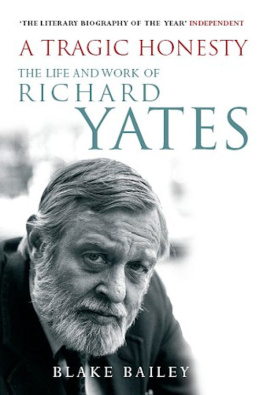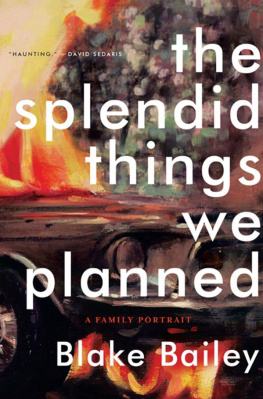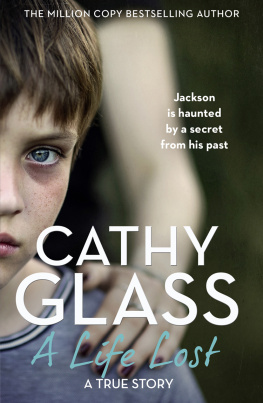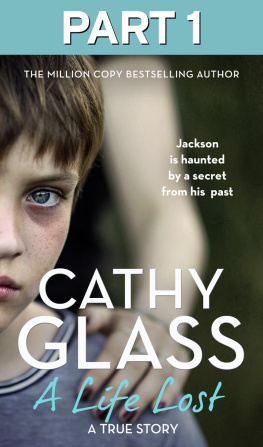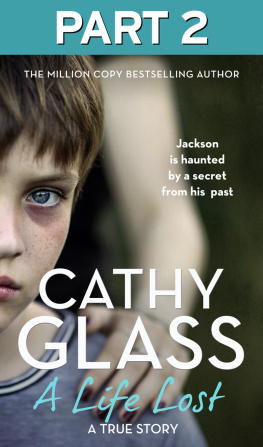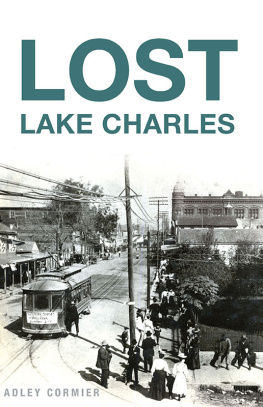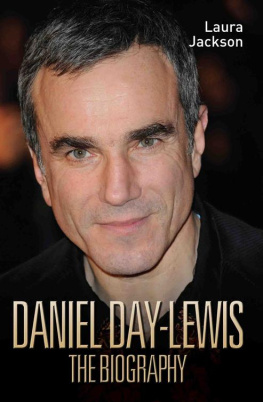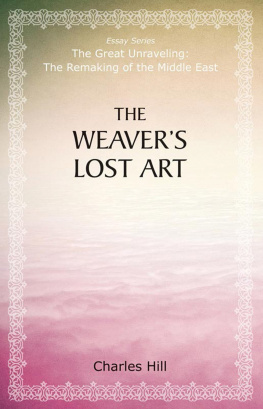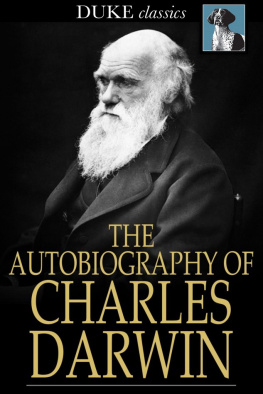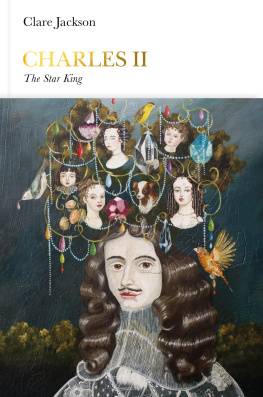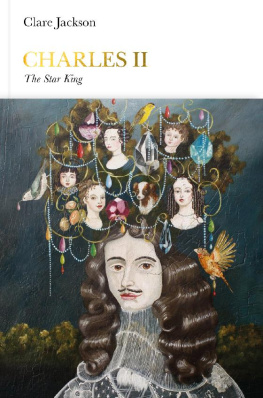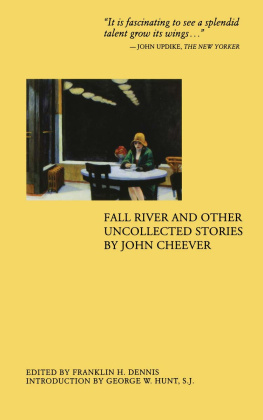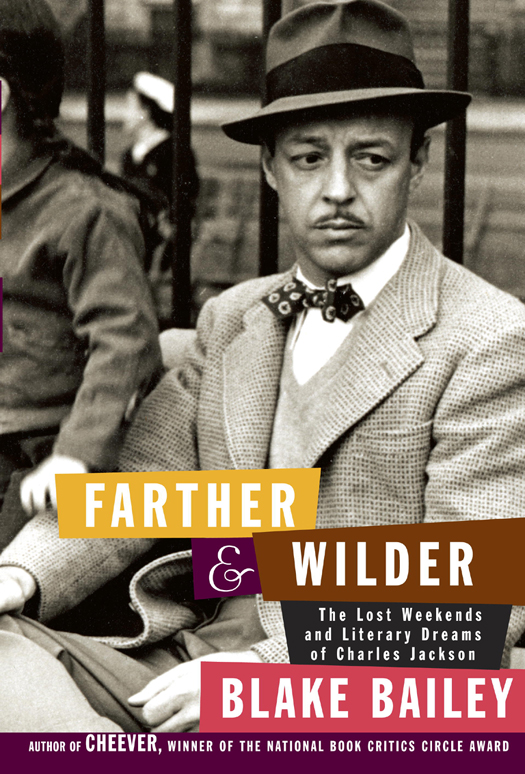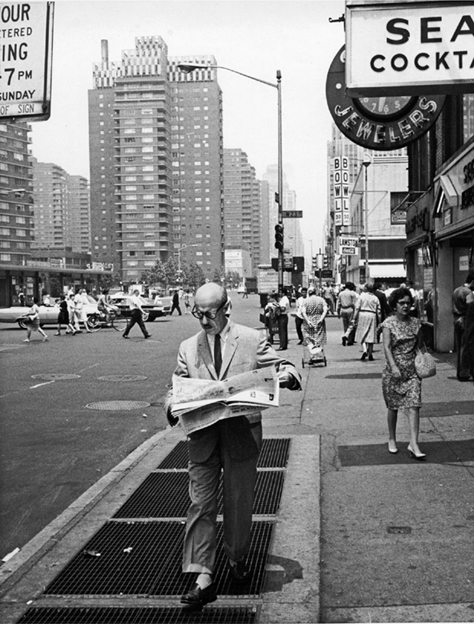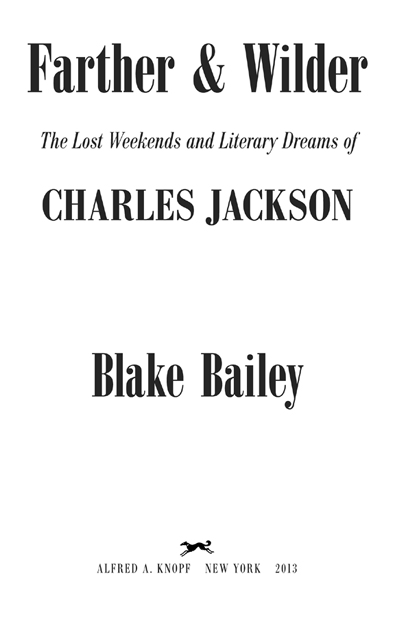Blake Bailey - Farther and Wilder: The Lost Weekends and Literary Dreams of Charles Jackson
Here you can read online Blake Bailey - Farther and Wilder: The Lost Weekends and Literary Dreams of Charles Jackson full text of the book (entire story) in english for free. Download pdf and epub, get meaning, cover and reviews about this ebook. year: 2013, publisher: Knopf, genre: Non-fiction. Description of the work, (preface) as well as reviews are available. Best literature library LitArk.com created for fans of good reading and offers a wide selection of genres:
Romance novel
Science fiction
Adventure
Detective
Science
History
Home and family
Prose
Art
Politics
Computer
Non-fiction
Religion
Business
Children
Humor
Choose a favorite category and find really read worthwhile books. Enjoy immersion in the world of imagination, feel the emotions of the characters or learn something new for yourself, make an fascinating discovery.

- Book:Farther and Wilder: The Lost Weekends and Literary Dreams of Charles Jackson
- Author:
- Publisher:Knopf
- Genre:
- Year:2013
- Rating:3 / 5
- Favourites:Add to favourites
- Your mark:
Farther and Wilder: The Lost Weekends and Literary Dreams of Charles Jackson: summary, description and annotation
We offer to read an annotation, description, summary or preface (depends on what the author of the book "Farther and Wilder: The Lost Weekends and Literary Dreams of Charles Jackson" wrote himself). If you haven't found the necessary information about the book — write in the comments, we will try to find it.
From the prizewinning biographer of Richard Yates and John Cheever, here is the fascinating biography of Charles Jackson, the author of The Lost Weekenda writer whose life and work encapsulated what it meant to be an addict and a closeted gay man in mid-century America, and what one had to do with the other.
Charles Jacksons novel The Lost Weekendthe story of five disastrous days in the life of alcoholic Don Birnamwas published in 1944 to triumphant success. Within five years it had sold nearly half a million copies in various editions, and was added to the prestigious Modern Library. The actor Ray Milland, who would win an Oscar for his portrayal of Birnam, was coached in the ways of drunkenness by the novels authora balding, impeccably groomed middle-aged man who had been sober since 1936 and had no intention of going down in history as the author of a thinly veiled autobiography about a crypto-homosexual drunk. But The Lost Weekend was all but entirely based on Jacksons own experiences, and Jacksons valiant struggles fill these pages. He and his handsome gay brother, Fred (Boom), grew up in the scandal-plagued village of Newark, New York, and later lived in Europe as TB patients, consorting with aristocratic caf society. Jackson went on to work in radio and Hollywood, was published widely, lived in the Hotel Chelsea in New York City, and knew everyone from Judy Garland and Billy Wilder to Thomas Mann and Mary McCarthy. A doting family man with two daughters, Jackson was often industrious and sober; he even became a celebrated spokesman for Alcoholics Anonymous. Yet he ultimately found it nearly impossible to write without the stimulus of pills or alcohol and felt his devotion to his work was worth the price. Rich with incident and character, Farther & Wilder is the moving story of an artist whose commitment to bringing forbidden subjects into the popular discourse was far ahead of his time.
Blake Bailey: author's other books
Who wrote Farther and Wilder: The Lost Weekends and Literary Dreams of Charles Jackson? Find out the surname, the name of the author of the book and a list of all author's works by series.

